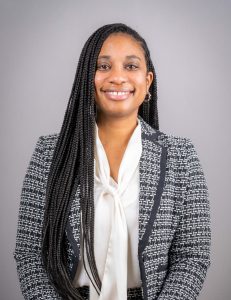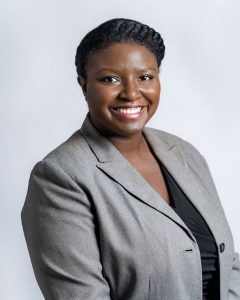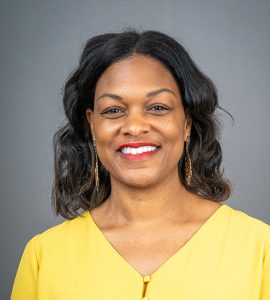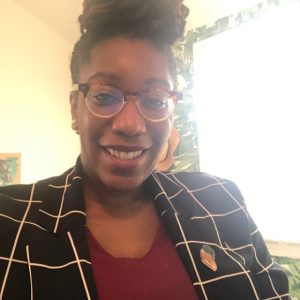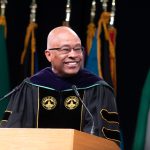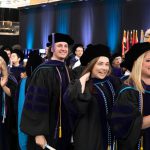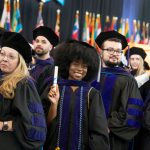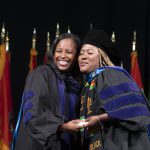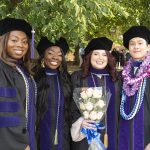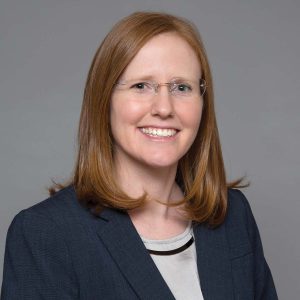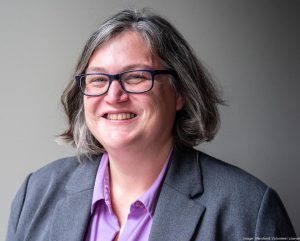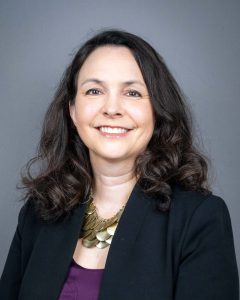
Anne-Marie Carstens joined the School of Law as associate professor. She teaches Property, Introduction to Lawyering Skills, Civil Procedure, and international and cultural heritage law courses. She previously taught Property, Civil Procedure, Copyright, Lawyering, and other IP and cultural heritage courses at Georgetown Law and the University of Maryland Francis King Carey School of Law, as well as in London-based international law programs for Georgetown Law-University College London and for the University of Tulsa Law School.
Her research and scholarship focus primarily on legal issues at the intersections of cultural heritage, international law, and property law. After law school, Carstens clerked for The Hon. Diana Gribbon Motz, on the United States Court of Appeals for the Fourth Circuit, and practiced litigation in Washington and in London at Wilmer Cutler Pickering Hale and Dorr.
She received her J.D. cum laude from Georgetown Law, where she served as executive articles editor of the Georgetown Law Journal. While completing her DPhil in Law (research doctorate in Public International Law), she was competitively selected by the Oxford Law Faculty for a research residency at Yale Law School and awarded a grant for summer study at the Hague Academy of International Law.

Patrick Grubel is a clinical teaching fellow in the Saul Ewing Civil Advocacy Clinic, in which student-attorneys represent low-income individuals and community groups in a broad range of civil litigation and law reform projects.
Before joining the faculty, Grubel had a varied career litigating federal constitutional and civil rights cases. He was a staff attorney at the Council on American-Islamic Relations Legal Defense Fund; an associate at an education law firm in Texas; and a litigation fellow at Americans United for Separation of Church and State. He also clerked for The Hon. Debra H. Lehrmann, of the Supreme Court of Texas.
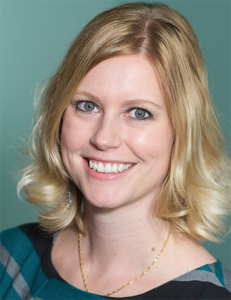
Jennifer Mitchell is a visiting associate professor and interim director of the Introduction to Advocacy Program, where she teaches Torts, Introduction to Legal Skills, and Introduction to Advocacy. Mitchell previously taught in the Fundamentals of Lawyering Program at The George Washington University Law School.
Mitchell is a former active-duty Air Force Assistant Staff Judge Advocate (JAG), where she prosecuted military members for misconduct, counseled hundreds of legal assistance clients, and deployed to Afghanistan as a NATO Rule of Law Field Support Officer. She is currently a member of the District of Columbia Air National Guard.
After leaving active duty, Mitchell worked on Capitol Hill as a military legislative assistant and counsel for a United States senator, and handled the senator’s defense and veterans’ affairs portfolios. In this position she prepared legislative and regulatory language for inclusion in annual defense appropriations and authorization bills, and she was responsible for developing and executing strategies to advance legislative and policy objectives.
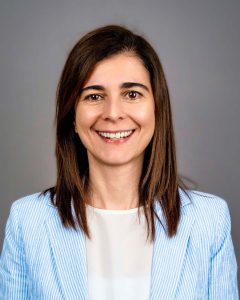
Ioanna Tourkochoriti teaches comparative law and human rights law. Prior to joining the UBalt Law faculty, she was Lecturer above the Bar at the University of Galway School of Law. For eight years, she held research and faculty appointments at Harvard University. She was a Wertheim Fellow with the Labor and Worklife Program at Harvard Law School, and a lecturer on law and social studies at the Committee on Degrees in Social Studies at Harvard University.
She is a leading scholar on comparative law, jurisprudence and human rights and has published numerous articles on comparative constitutional law, freedom of expression and anti-discrimination law with leading journals all around the world. Her book, Freedom of Speech: The Revolutionary Roots of American and French Legal Thought, was published by Cambridge University Press in 2022. She is co-organizer of the International Research Collaborative on “Religion and Women’s Rights: Global Perspectives” and international research networks on hate speech and anti-discrimination law.
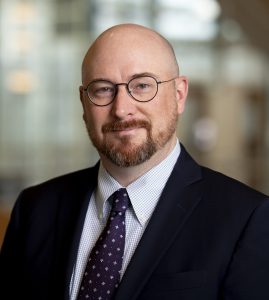
Andrew Ziaja joined the faculty after a career in civil litigation as a labor lawyer and public servant. He teaches Employment Law, Labor Law, Contracts and Administrative Law. While serving with the National Labor Relations Board in Washington, D.C., he led efforts by the agency in relation to litigation before the U.S. Supreme Court, which included engagement with the Office of the Solicitor General to prepare the government’s position for briefing and oral argument. He has also served as lead counsel in trial and appellate litigation on behalf of government and private litigants.
His legal scholarship centers on administrative law and governance, including as they influence labor and employment policy. He earned a law degree from the University of California College of Law, San Francisco, where he was managing editor of the University of California Law Constitutional Quarterly. He also holds an MPA, magna cum laude, from the Paris Institute of Political Studies, known as Sciences Po, and a B.A. with honors in history and class distinction from the University of Michigan, Ann Arbor. He additionally attended the University of California, Berkeley on a graduate fellowship in history.

